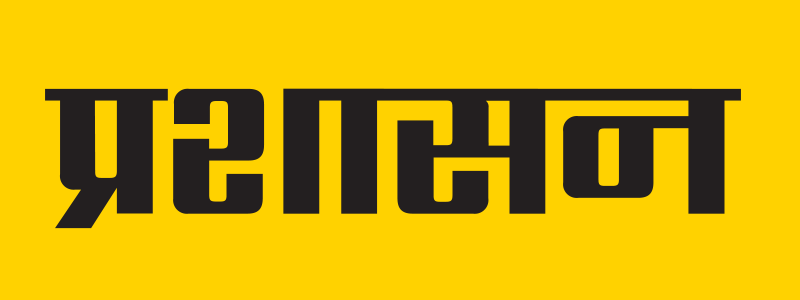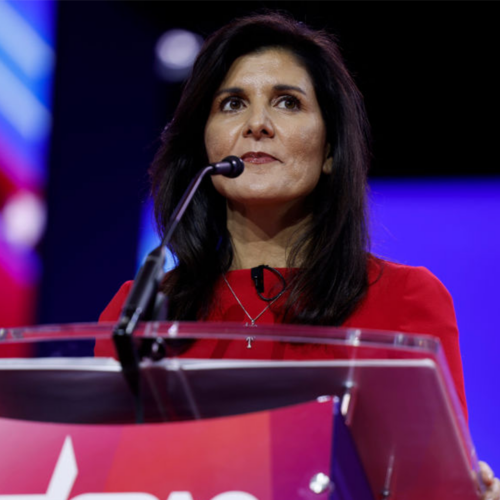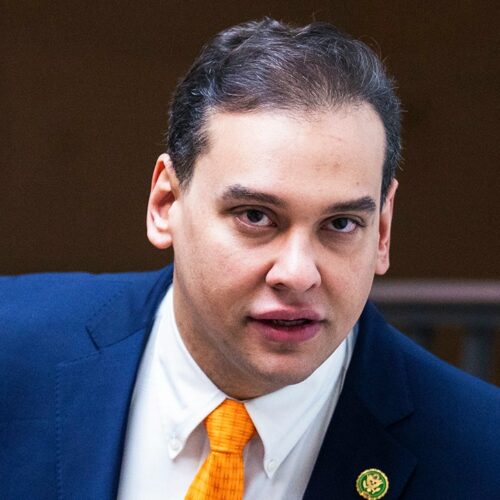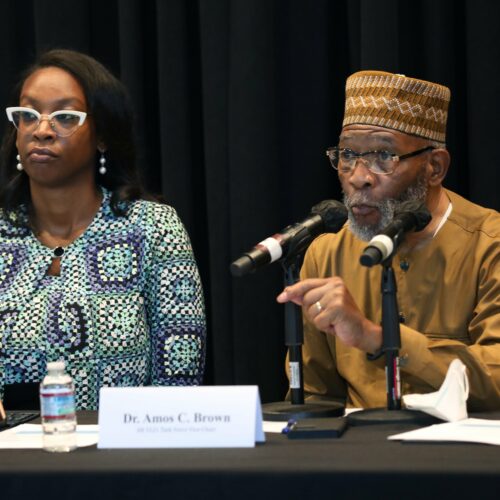NEW DELHI: There has been a 16-fold jump in the number of applicants after the government introduced the Savitribai Jyotirao Phule Fellowship for Single Girl Child (SJSGC) last year by expanding the scheme to include STEM (Science, Technology, Engineering and Mathematics) studies.
Launched on Teachers’ Day (September 5) in 2022 by expanding the scheme for PhD aspirants beyond humanities and social sciences, SJSGC attracted 1,144 applications, out of which the University Grants Commission has provisionally selected 1,129 candidates. A year before when the scheme was only for humanities and social sciences, it had received 67 applications.
About 60% of selected candidates, including from remote regions such as Andaman and Nicobar Islands (1) and Northeast (89), are pursuing research in science, engineering and technology. The awardees also include candidates from the socially and economically backward sections.
Apart from expanding the scope of studies, removal of the “cap on the number of slots for fellowship” is seen as another reason for the jump in number of applicants.
Addressing the issue of access makes it necessary to focus on the high dropout rate of females, which is much higher than that of males, said UGC chairperson M Jagadesh Kumar.
The SJSGC was launched after revision of the earlier UGC scheme Single Girl Child Fellowship for Research in Social Sciences, which was open for scholars pursuing research in humanities and social sciences only.
“This was initiated to increase the reach and benefits of the scheme. The rate of fellowship under the present scheme has also been increased from Rs 25,000 to Rs 31,000 per month as Junior Research Fellowship (JRF) and from Rs 28,000 to Rs 35,000 per month as Senior Research Fellowship. Another prominent feature of the scheme is that UGC has removed the cap on the number of slots for fellowship. Now there is no limit to the number of eligible applicants who can avail themselves of the benefits under this scheme each year. This feature further enables the scheme to widen its reach and impact, and meet its objectives,” said Kumar.
Prior to the scheme’s launch, the UGC conducted a study seeking feedback from scholars, who have been benefited earlier by availing the Single Girl Child Fellowship for Research in Social Sciences.
In the study, a scholar pursuing research from National Institute of Technology, Tiruchirappalli, shared: “It is of great help for women like me who need not rely upon parents for financial assistance. I could attend conferences and workshops and I could learn Econometrics. Many discontinue just because they don’t have money. ”
Another beneficiary from Maharaja Sayajirao University of Baroda said: “I was falling short of funds to travel to do literature review in different libraries of universities in India. This fellowship has helped me. Also, the software used in this research, the satellite data procured from Isro, plus the purchase of books and stationery and laptop repairs were all done with the help of this fellowship. ”
A third beneficiary at Aligarh Muslim University said: “This scholarship has empowered me. I conducted extensive fieldwork, which was not possible without it. ”
Launched on Teachers’ Day (September 5) in 2022 by expanding the scheme for PhD aspirants beyond humanities and social sciences, SJSGC attracted 1,144 applications, out of which the University Grants Commission has provisionally selected 1,129 candidates. A year before when the scheme was only for humanities and social sciences, it had received 67 applications.
About 60% of selected candidates, including from remote regions such as Andaman and Nicobar Islands (1) and Northeast (89), are pursuing research in science, engineering and technology. The awardees also include candidates from the socially and economically backward sections.
Apart from expanding the scope of studies, removal of the “cap on the number of slots for fellowship” is seen as another reason for the jump in number of applicants.
Addressing the issue of access makes it necessary to focus on the high dropout rate of females, which is much higher than that of males, said UGC chairperson M Jagadesh Kumar.
The SJSGC was launched after revision of the earlier UGC scheme Single Girl Child Fellowship for Research in Social Sciences, which was open for scholars pursuing research in humanities and social sciences only.
“This was initiated to increase the reach and benefits of the scheme. The rate of fellowship under the present scheme has also been increased from Rs 25,000 to Rs 31,000 per month as Junior Research Fellowship (JRF) and from Rs 28,000 to Rs 35,000 per month as Senior Research Fellowship. Another prominent feature of the scheme is that UGC has removed the cap on the number of slots for fellowship. Now there is no limit to the number of eligible applicants who can avail themselves of the benefits under this scheme each year. This feature further enables the scheme to widen its reach and impact, and meet its objectives,” said Kumar.
Prior to the scheme’s launch, the UGC conducted a study seeking feedback from scholars, who have been benefited earlier by availing the Single Girl Child Fellowship for Research in Social Sciences.
In the study, a scholar pursuing research from National Institute of Technology, Tiruchirappalli, shared: “It is of great help for women like me who need not rely upon parents for financial assistance. I could attend conferences and workshops and I could learn Econometrics. Many discontinue just because they don’t have money. ”
Another beneficiary from Maharaja Sayajirao University of Baroda said: “I was falling short of funds to travel to do literature review in different libraries of universities in India. This fellowship has helped me. Also, the software used in this research, the satellite data procured from Isro, plus the purchase of books and stationery and laptop repairs were all done with the help of this fellowship. ”
A third beneficiary at Aligarh Muslim University said: “This scholarship has empowered me. I conducted extensive fieldwork, which was not possible without it. ”





